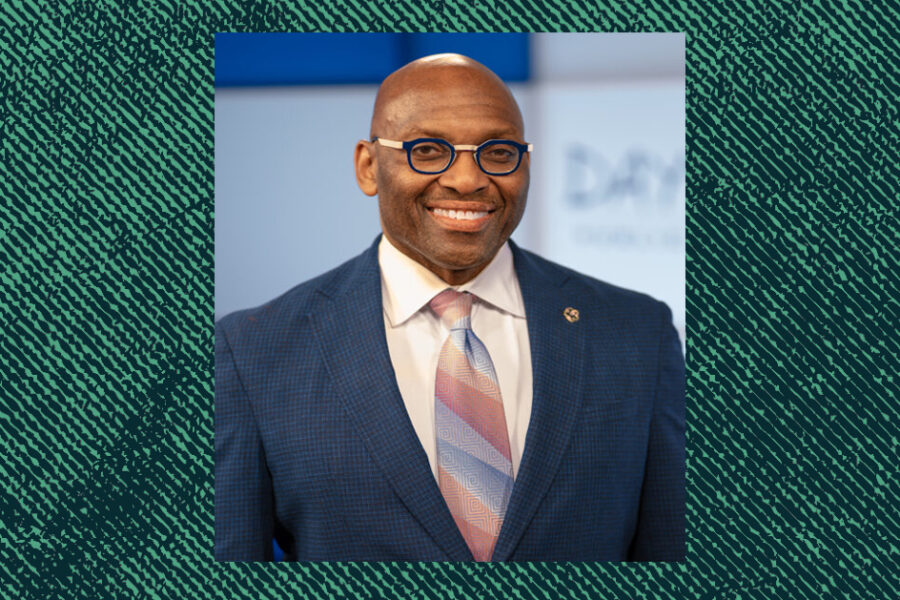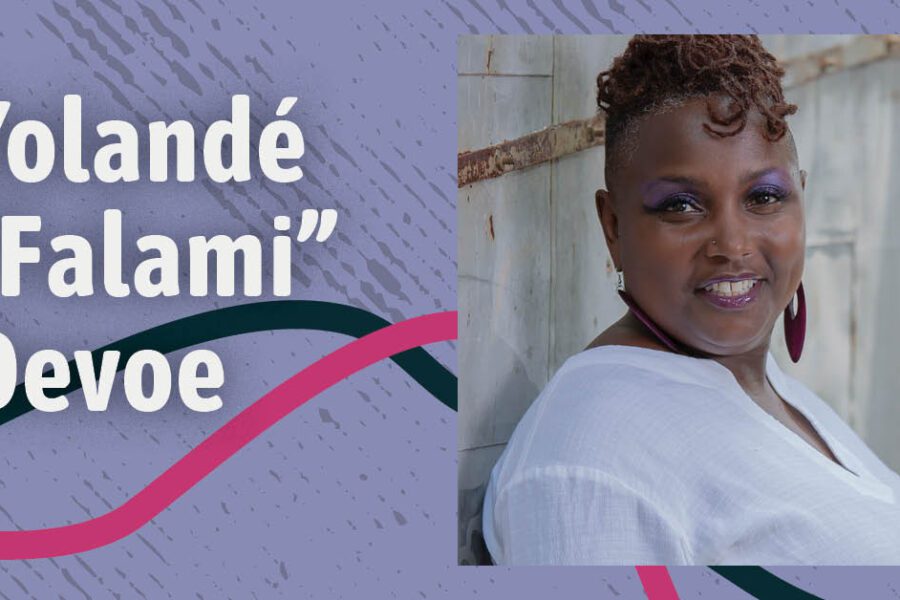This week we are observing National Teacher Appreciation Week, a time to celebrate teachers and recognize the lasting contributions they make to education and society. Here at Antioch University, supporting teachers and public education is a big part of our past and present. Antioch’s first president, Horace Mann, is most famous as the parent of public education in the United States. As he popularized the model of free, universal K-12 education, he gave speeches explaining that this wasn’t just about workforce development—a well-educated populace is essential to a strong democracy. As our founding president, Mann planted the seeds of Antioch’s enduring legacy of educational experimentation, innovation, and focus on meeting students wherever they are. Today, so many Antiochians carry forward this legacy of mission-based education, both Antioch faculty and our many alumni working in education. To celebrate and appreciate these teachers, we have collected six podcast episodes and seven stories about teachers who support, inspire, and motivate us all to serve students and society.
Six Favorite Podcast Episodes for World Teacher Day
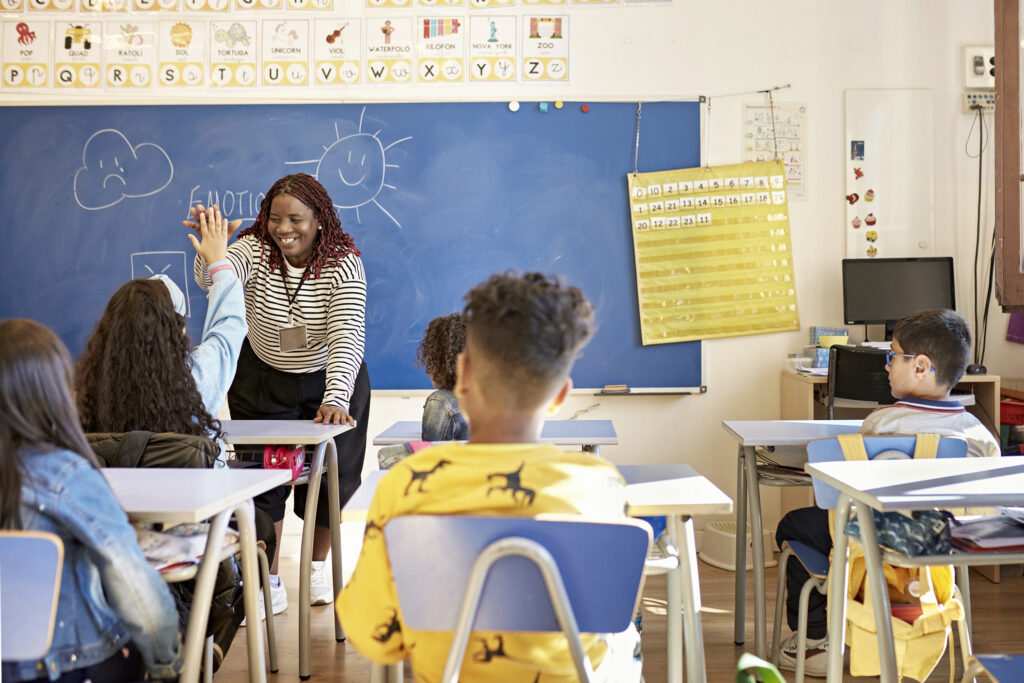
Explore six episodes of the Seed Field Podcast that embody Antioch’s education mission and celebrate teachers, with interview guest ranging from a dyslexia activist to an expert on adult social-emotional learning, from a literacy educator working to redefine “literacy” to an expert on collaborative learning communities, and from a math and science educator who doesn’t believe in the “right” answer to a food educator who wants to actually know where our food comes from. LISTEN HERE
Cool Course: Rightful Presence in the Experiential Classroom
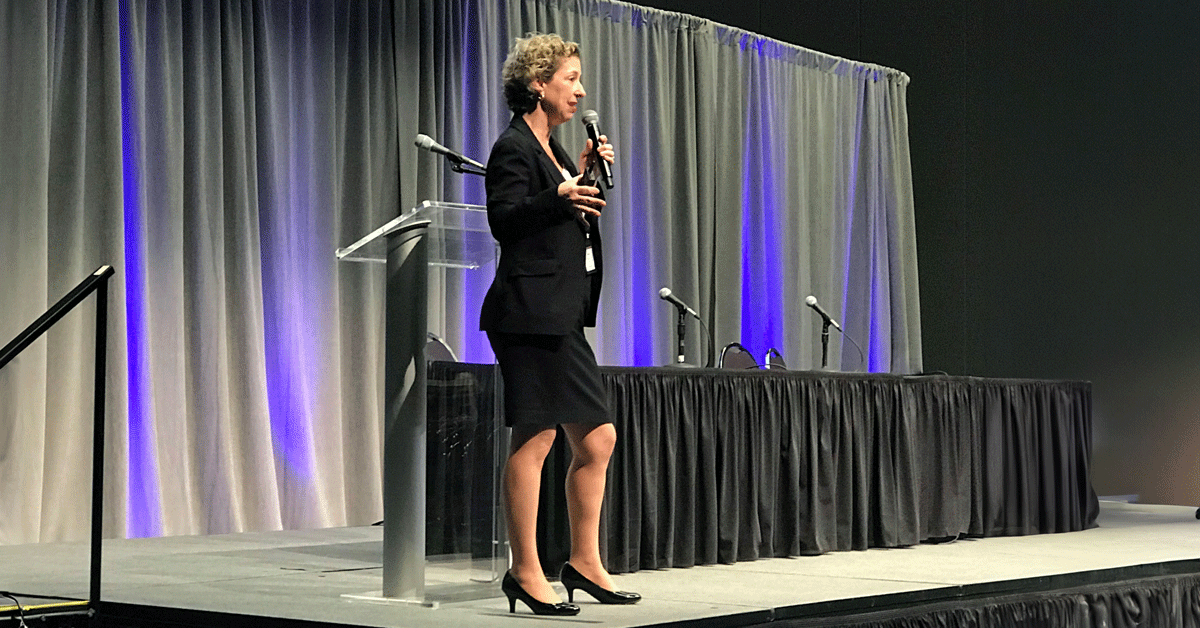
As a child in public school, Maura Hart never once felt safe in the classroom. She didn’t know exactly why. She just knew she wasn’t going to open her mouth. Today, Hart has a better understanding of classroom dynamics, one born of over 25 years working in the American education system. She’s been a classroom teacher and an educational consultant to school districts and state departments of education. So she has had plenty of time to figure out what kept her quiet those many years ago. It’s actually quite simple. As she puts it, “We can’t learn if we’re not safe.” READ MORE
Passion for Using Online Education to Reach Underserved Students Leads Mary Ann Short to New Role as Associate Dean
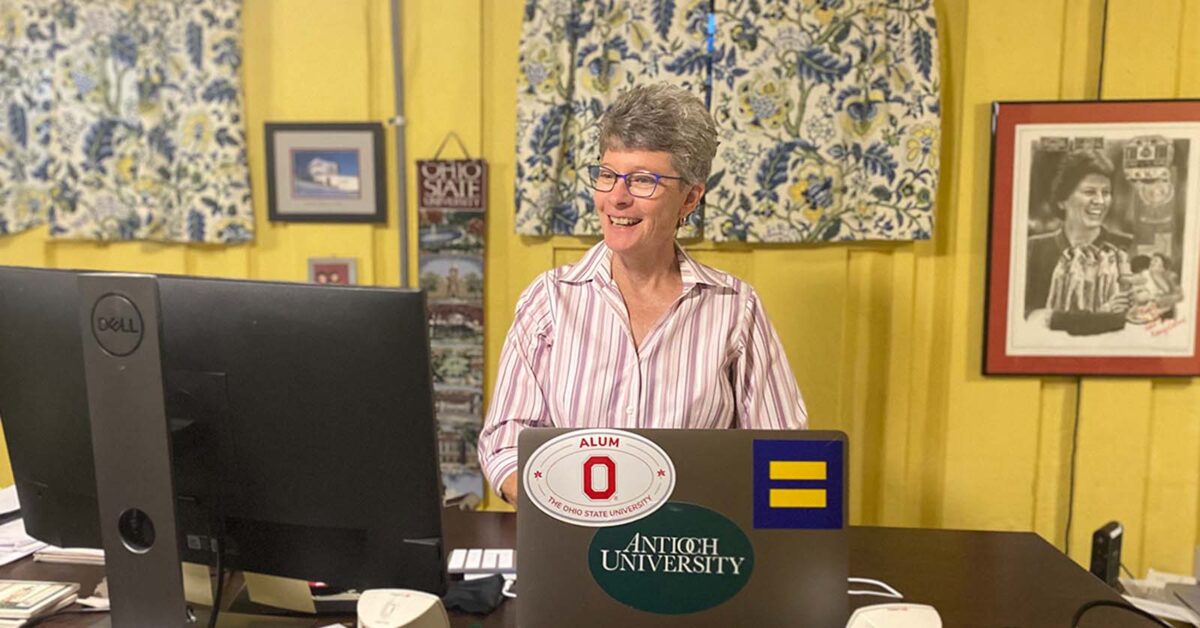
Mary Ann Short called an HR representative a few years ago to resolve an insurance issue. It was one of those phone calls that you put off, and then on the day you actually make the call, as the phone rings, you prepare yourself for a complex negotiation. To say she was not expecting a life-changing experience would be an understatement. But then she got through to the representative, and the rep asked her if she was the Mary Ann Short, the one who teaches in the graduate management programs at Antioch University. The rep told Short that she was a former student—and that she was in her current position because of one of the training programs Short had personally set up… KEEP READING
Cool Course: The Capstone Project for the MA in Teaching
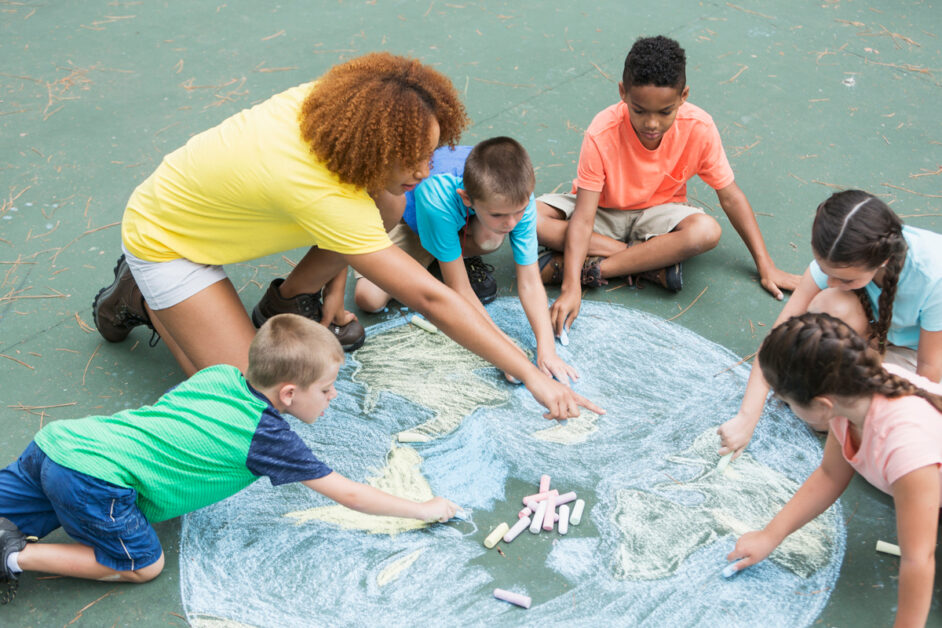
“There’s a sense of fear that teachers have about getting their kids to think critically, or really challenge the narratives that are the common tropes that we hear, that aren’t actually true,” says Heather Cheney. This fear can come from trying to find ways to tackle difficult subjects like environmental catastrophes and wars, but it also comes out of the fear of discipline from state laws and local school boards that are increasingly targeting teachers with disciplinary action for, in some cases, teaching about slavery, gender identity, and LBGTQIA+ communities. As Cheney explains it, this fear and the silence it causes can stop teachers from “getting kids to think more critically about history and to think about links between what’s broadly happening in the world and how it affects their day-to-day lives.” READ MORE
From Library to Submarine and Back Again

“My first role is to get the kids into the library, get them interested in the library, and get high-interest books that they want to read,” says MA in Teaching alum Kirk Van Irvin. Van Irvin is a teacher librarian working in high-needs public schools in the suburbs of Seattle. But getting kids reading takes more than a little doing—it requires making the library somewhere students want to be. While this may sound like a plot to promote literacy (which of course it is), on a deeper level it’s Van Irvin’s way of passing on his lifelong love of books. And of using books to connect with young people and help steer their lives for the better. After all, that’s his own story… KEEP READING
Helping Black Students by Teaching Their Teachers
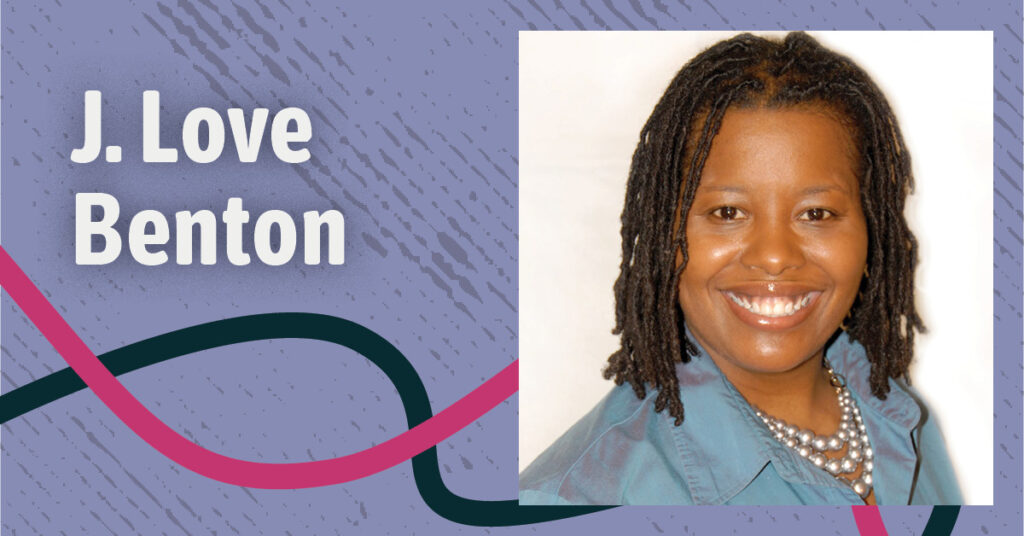
If you want to make the biggest impact on the world, says J. Love Benton, PhD, you should “duplicate you.” If someone “comes in contact with a person who’s come in contact with you,” she says, “they should know that that person has been in contact with you, just based on [their] flow and their energy in the world.” In other words, it’s not a literal duplication but an almost mystical transfer of something essential about yourself—the way you approach the world, the energy you bring to a space… KEEP READING
Redefining Literacy

If there’s hope in anything, there is hope in children as educators. As our school systems focus on producing certain test scores, checking boxes, and sometimes treating students as products rather than people, we have education experts like the three guests from this mini-series on “literacy” who challenge teachers to take an individualized approach, to meet students where they are, and encourage their curiosity. In this episode we share clips from interviews with Heather Hebard, Laura Thomas, and Gopal Krishnamurthy to revisit their suggestions on redefining what we think of as literacy, supporting social-emotional learning, and encouraging scientific exploration. READ MORE
Promoting Literacy Education as a Key for Social Justice
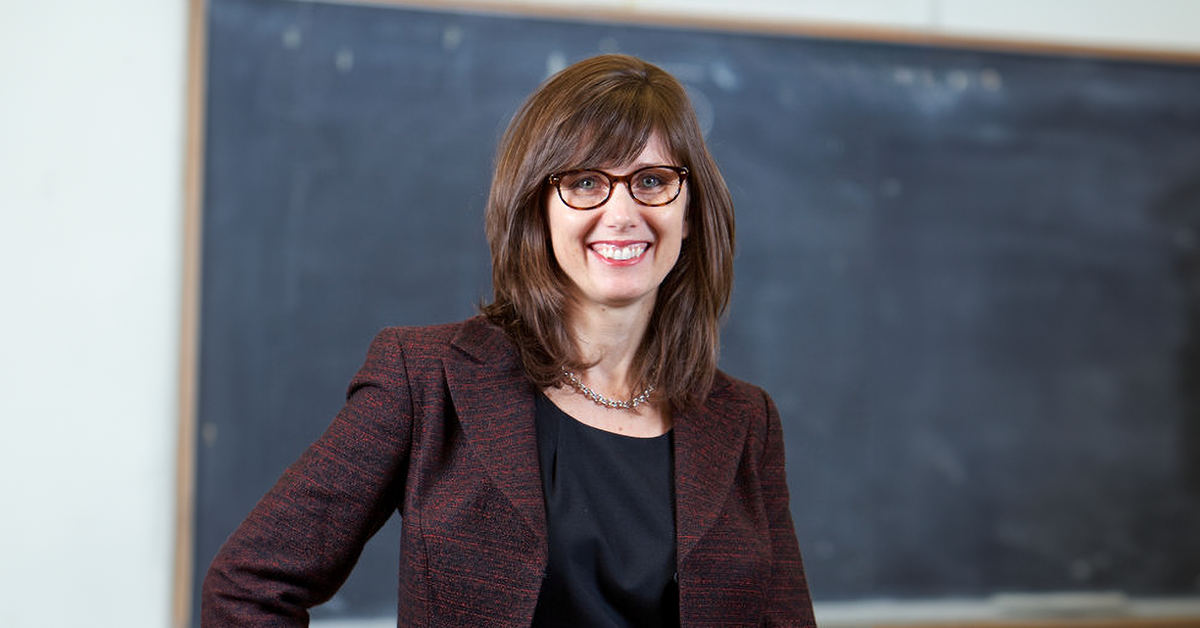
“Students come to Antioch to be justice educators,” says Heather Cheney, a core faculty member and chair of the MA in Teaching program at Antioch Seattle. “I mean, it’s part of the identity of the whole university.” This reputation is exactly what drew Cheney—who believes education can improve lives and make society more just—to work at Antioch in the first place. And at Antioch Cheney is able to bring a justice lens to her specific focus as a researcher and educator: promoting literacy. Writing instruction is a topic that she sees too often lacking in teacher education programs. This is a major oversight, because helping students develop their language skills has larger ramifications… KEEP READING



